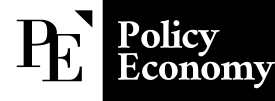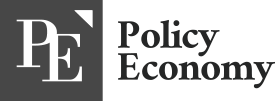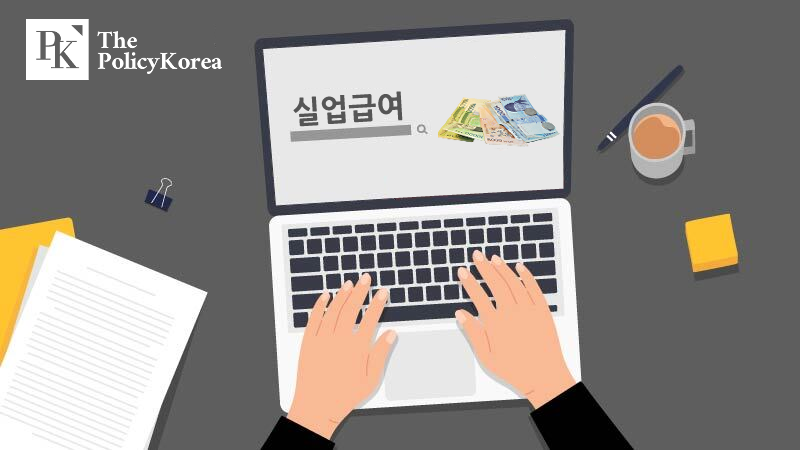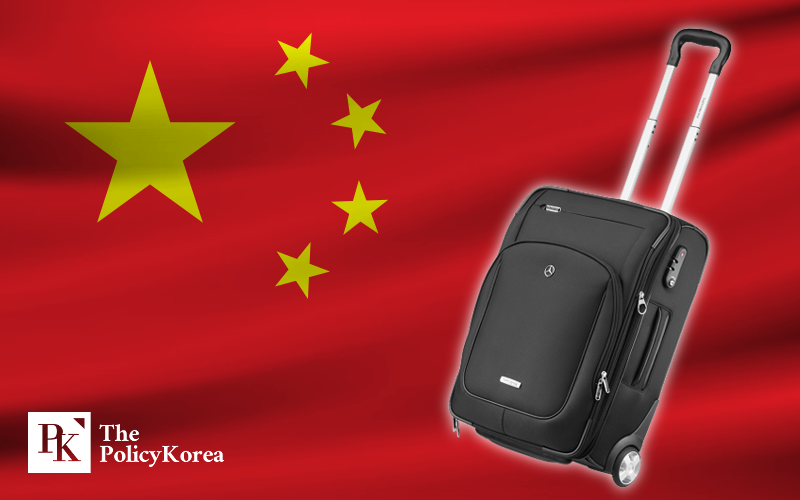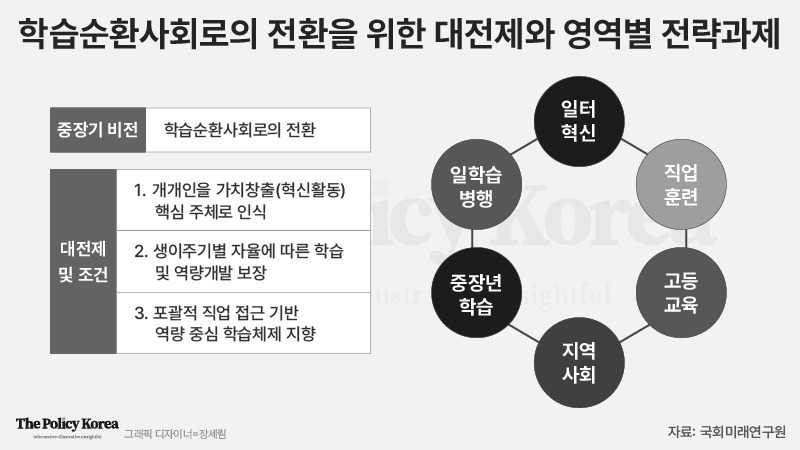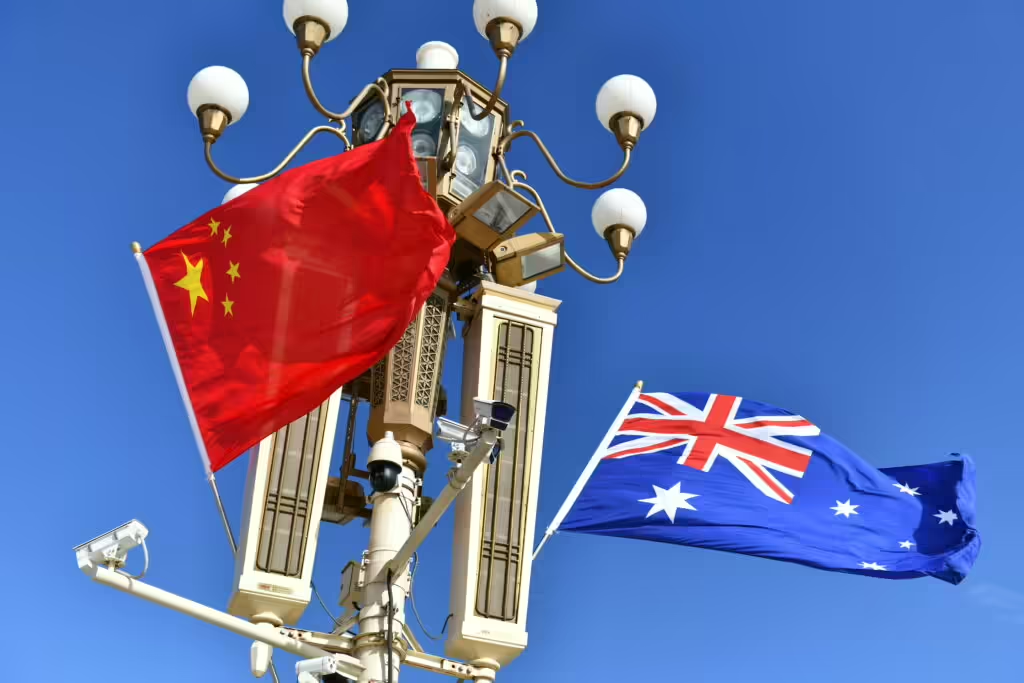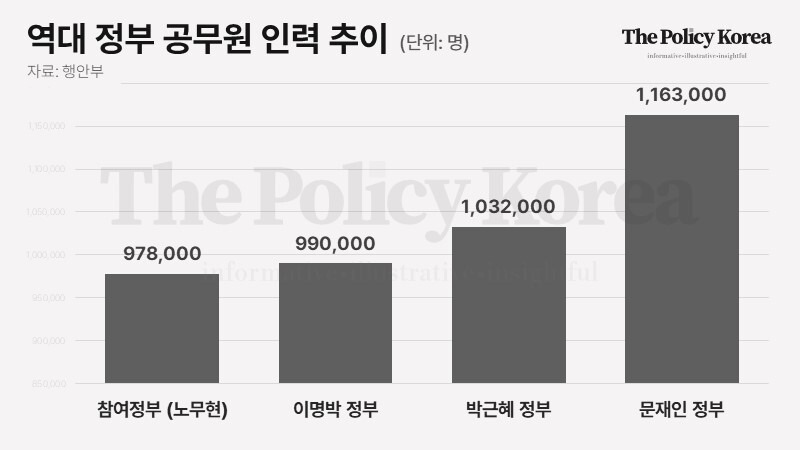[동아시아포럼] 윤석열 정부의 정치기반 확보를 위한 사투
하락한 尹 정권 지지율, 주요 지지층 민심마저 이탈 정당갈등과 정책합의 도출이 국정동력 저하시키는 주요 원인으로 판단 ‘소통’을 중심으로 보다 개선된 국정 운영 보여줘야
[동아시아포럼]은 EAST ASIA FORUM에서 전하는 동아시아 정책 동향을 담았습니다. EAST ASIA FORUM은 오스트레일리아 국립대학교(Australia National University)의 크로퍼드 공공정책 학교(Crawford School of Public Policy) 산하의 공공정책과 관련된 정치, 경제, 비즈니스, 법률, 안보, 국제관계 및 사회에 대한 분석 및 연구를 위한 플랫폼입니다.
저희 폴리시코리아(The Policy Korea)와 영어 원문 공개 조건으로 콘텐츠 제휴가 진행 중입니다.

지난해 5월 대한민국의 제20대 대통령으로 임명된 윤석열 대통령은 ‘자유, 공정, 상식’을 국가 경영의 대원칙으로 삼고 미국과 공통 이해와 가치를 기반으로 한 동맹 관계를 모색할 것을 약속했다. 그러나 출범 후 1년이 지난 현재, 윤석열 정권은 여론 분열과 지지율 하락 등의 심각한 국내적 문제에 당면해 있다.
윤석열 정권의 지지율은 취임 당시 50% 초반대였으나 현재 20% 후반에서 40%를 오가는 수준으로 하락했다. 지난 4월 미국 국빈 방문과 지난 5월 일본 히로시마에서 열린 G7(주요 7개국) 정상회의 참여에 힘입어 지지율이 소폭 개선되긴 했으나, 취임 전 수준을 회복하지는 못하고 있다.
첨예한 정당 갈등과 돌아서는 주요 지지층?
윤석열 대통령과 집권 여당인 국민의힘은 대한민국 국회의 과반을 차지하고 있는 더불어민주당과의 적대적 관계 개선에도 난항을 겪고 있다. 국민의힘과 더불어민주당 사이의 고질적인 갈등은 윤 대통령 집권 이후 전례 없는 악화일로를 걷고 있다. 당장 지난 1년의 재임기간 중 윤 대통령과 이재명 더불어민주당 대표 사이에 공식적인 회동이 한 차례도 성사되지 않았다는 사실은 정당간 타협점 모색이 어려워진 현 상황을 시사한다. 야당은 이재명 더불어민주당 대표의 ‘대장동 비리 의혹’에 대한 윤 대통령의 수사 승인 저변에 정치적 동기가 깔려있다고 비난하면서, 김건희 여사에 대한 검찰 소환 조사 촉구 등으로 맞불을 놓는 형국이다.
현재 윤석열 정권의 정치적 아젠다는 정당 갈등으로 인해 교착상태에 빠져있다. 당초 공약으로 내걸었던 △연금 보험료율 인상을 골자로 한 ‘연금개혁’ △노동단체의 회계투명성 확보와 노동시간 유연화 등의 ‘노동개혁’ △교육감의 직접선거의 폐지를 내건 ‘교육개혁’ 등의 이른바 ‘3대 개혁’은 1년이 지난 지금 당파싸움에 떠밀려 답보 상태를 면치 못하고 있다. 이뿐 아니라 윤 대통령은 국회에서 통과된 양곡관리법, 간호법에 대해 ‘재의요구권(법률안 거부권)’을 행사했는데, 이는 2016년 5월 박근혜 전 대통령의 ‘국회법 개정안 거부권’ 이후 약 7년만의 대통령 거부권 행사다. 이처럼 실질적인 입법적 성과가 전무한 상태가 이어지자, 윤석열 정권의 지지자들조차 회의적인 시각을 보이고 있다.
여권의 내부 균열과 갈등도 윤 대통령의 정치 기반 확보에 있어 걸림돌로 작용했다. 전통적 보수 지지층과 2030세대 남성들로 대표되는 청년층이 지지 기반의 상당 부분을 차지하는 상황에서 윤 대통령의 국정 수행에 대한 청년층의 지지율 하락은 남은 재임기간의 앞날이 순탄치만은 않으리란 것을 방증한다.
이들 청년층은 지지자들은 윤석열 정권이 앞선 문재인 정권의 실수들을 고스란히 답습하고 있다고 지적한다. 이에 앞서 대선 당시 윤 대통령과 단일화를 형성한 유승민, 이준석, 안철수 당시 후보 등을 포함한 국민의힘 내부 주요 인사들을 소외시켰다는 비판도 꾸준히 제기돼 왔다. 특히 친윤(親尹)계의 공식 석상에서의 언행 및 사적 채용 논란 등은 윤 대통령이 출범 당시 내걸었던 슬로건인 ‘공정과 상식’을 완전히 무너뜨렸다는 비판을 받기에 충분했다.
정책에 대한 국내적 합의부재가 가장 큰 걸림돌
윤석열 정권은 여러 정치 이슈에 있어 정부의 정책 기조를 대중에게 보다 투명하고 효과적으로 전달하기 위해 고군분투하고 있으나, 그럼에도 불구하고 여론의 반응은 냉담하다. 2022년 10월 29일 이태원 압사 사고 이후 국민의 행정안전부 장관 사임 요구를 사실상 거부한 윤 대통령을 두고 당시 여론은 ‘사고에 대한 책임을 회피하기 위한 정치적 결단’이라며 강력하게 비판했다. 노동 시간의 유연화 등 노동 개혁 공약도 ‘주 최대 69시간’으로 근로시간 연장 가능성에 대한 국민의 거센 반발에 부딪혀 표류 중이다.
윤석열 정권의 대외정책 기조 역시 국정 동력을 저하하고 정치적 분열을 고조시킨 주요인으로 평가된다. 윤석열 정권 지지자들은 미국, 일본 등 우방과의 동맹 관계를 강화하는 한편 북한, 중국에 대해서는 한층 더 공세적 자세를 견지하는 정부의 외교 정책에 동의한다. 그러나 일각에서는 윤 대통령의 외교 정책이 미, 일 등 전통적 우방과의 관계 유지에만 지나치게 매몰된 나머지 중국, 러시아, 북한 등 인접국들과의 관계를 악화시키고 있다고 우려를 표한다. 이 때문에 각종 정책의 결과로 나타나는 대내외적 이득과는 별개로, 윤석열 정권은 지난 1년간 국가의 향방을 바꿀 수도 있는 중대한 정책들을 각계와의 충분한 논의도 없이 일방적으로 결정했다는 비판에 직면했다.
성공적인 잔여 임기 기간을 위한 키워드, 소통
오는 2024년 4월 대한민국의 차기 총선이 예정돼 있다. 국민의힘이 총선에서 승리해 다수석을 차지하고 입법 권한을 확보하기 위해서는 윤 대통령 임기 2년차인 지금, 보다 성공적인 국정 운영 능력을 국민들에게 보여줘야만 한다.
이를 위해서는 현재의 첨예한 정당 갈등을 극복하고, 보다 응집력 있고 포괄적인 ‘초당적 정치연합’을 구축하는 것이 급선무다. 나아가 ‘공정과 상식’이라는 국정 운영 원칙에 어긋나는 행보를 보이는 여권 인사들은 질책하고, 정책 입안자들의 구성에 있어서도 친윤을 넘어 반대파 인사를 포함한 다양한 배경을 가진 인사들까지 포용해야 한다. 그래야만 비로소 윤 대통령이 후보 시절 공언한 ‘빅 텐트(big tent-정당이나 정부의 구성에 있어 다양한 정치 스펙트럼을 지닌 인사들을 기용하는 것)’를 실현할 수 있다.
국민들과 소통을 증진하겠다는 공약 역시 최우선 순위로 이행돼야 한다. 지난 2022년 5월 윤 대통령은 공약 이행을 위해 대통령 집무실을 청와대에서 용산의 국방부 청사로 이전했다. 그러나 ‘언론과 수시로 소통하는 대통령’의 약속은 약 반년간 이뤄진 ‘도어스테핑(doorstepping-출근길 문답)’ 중단 이후 이렇다 할 소통 창구를 마련하지 않고 있다. 대통령실은 도어스테핑 직후 발생한 비서관과 MBC 기자와의 충돌과 관련해 근본적인 재발 방지 방안 마련 없이는 지속할 수 없다는 판단에 따른 것이라며 중단 사유를 밝혔으나, 윤 대통령이 지킨 공약 불이행에 대한 비판은 여전히 가라앉지 않고 있다. 윤석열 정권이 언론 및 국민들과의 소통을 재개해야 하는 이유다.
오늘날 양극화된 대한민국의 정치 환경에서 ‘소통’이 가지는 실효성에 대한 의구심도 존재한다. 그러나 소통을 통해 정치적 대화에 임하는 자세를 보여주는 것과 정책에 대해 국민의 이해도를 높일 기회를 제공하는 것은 ‘분열된 정부’라는 여론의 인식을 되돌리기 위해 정부가 당장 실천할 수 있는 최선이자 유일한 방안으로 평가된다.
윤석열 정권은 집권 2년차인 올해도 당파적 교착 상태가 이어질 것으로 보인다. 그런 만큼 앞으로 윤 정부의 성공적 국정 운영은 물론 국민들과 소통하고자 하는 자세야말로 오는 2024년 치러질 총선의 성패를 가르는 결정적인 요소로 작용할 것이다.
윤석열 정부가 이를 성공적으로 이행할 경우 고 노무현 전 대통령과 당시 여당인 열린우리당의 승리와 비견되는 정치적 대전환을 이룰 수 있을 것이다. 2004년 당시 노무현 대통령의 재임 첫해의 낮은 지지율과 탄핵소추라는 악조건에도 불구하고 여당은 총선에서 대승을 거둔 바 있다.
반대로 윤 정부가 이를 극복하지 못할 경우 대한민국 역사상 5년의 재임 기간 내내 집권 여당이 국회 다수석을 차지하지 못한 최초의 정권이라는 오명만 남기게 될 것이다.
원문의 저자는 아메리칸대학교(American University) 국제 서비스 학부의 이종은 겸임 교수입니다.
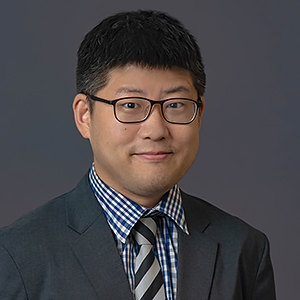
Yoon’s government struggles to broaden its political base
On 10 May 2022, Yoon Suk-yeol was inaugurated as South Korea’s president. Yoon promised a presidency characterised by ‘freedom’, ‘fairness and common sense’, and a ‘value-based alliance’ with the United States. But one year later, Yoon’s government faces a politically divided South Korea. Yoon’s approval rating has declined from the low 50s since his inauguration and has fluctuated between the high 20s and low 40s. While Yoon’s domestic approval improved after diplomatic visits to the United States and the G7 Summit in Japan, it has not returned to pre-inaugural levels. Yoon has contentious relations with the opposition Democratic Party, which controls South Korea’s National Assembly. The partisan conflict has reached new heights under Yoon. For the past year, the government and the opposition party’s leadership have not held a formal meeting. The Democratic Party has condemned Yoon’s government for approving investigations into corruption allegations surrounding the Party’s leader Lee Jae-myung as politically motivated. In retaliation, the opposition party has advocated for investigations into First Lady Kim Keon-hee. Yoon’s political agenda has stalled under the partisan gridlock. The proposed pension, labour and education reforms, such as greater transparency of labour unions’ auditing, flexibility in employees’ work hours, and the abolition of the direct election of the education superintendent, have stymied. Yoon has also vetoed the Grain Management Act and Nursing Act passed by the National Assembly. With few substantive legislative achievements, even citizens supportive of Yoon’s policies have become sceptical about their successful implementation. Yoon has also struggled to expand domestic political support because of the fractures and controversies within the government. Traditional (often older) conservative voters and more ideologically heterogeneous (often younger male) voters make up Yoon’s support base. But support for Yoon’s government among younger voters has declined. Young voters have criticised Yoon’s government for replicating what they perceive as the cliquish governance of former president Moon Jae-in’s government. The President’s Office has been criticised for marginalising prominent figures within the ruling People’s Power Party, including Yoo Seong-min, Lee Jun-seok and Ahn Cheol-soo, who formed a unity ticket with Yoon in the presidential election. Controversial remarks and conduct by government members have contributed to public perceptions that Yoon’s presidency has fallen short of upholding the promise of ‘fairness and common sense’. Yoon’s government has struggled to communicate its policies effectively to the broader public on several contentious political issues. After the crowd crush incident at Itaewon, Yoon’s government rejected demands for the resignation of the Minister of Interior and Safety. But the public perceived the decision as an attempt to avoid political responsibility. The government’s proposal to implement flexible labour hours was also met with public backlash due to widespread concerns about the extension of weekly work hours for employees. Yoon’s foreign policy has also heightened the domestic political divide. Yoon’s supporters have approved his deepening of South Korea’s strategic partnerships with the United States and Japan and more assertive stances against North Korea and China. Critics, though, say that Yoon is escalating geopolitical tensions and sacrificing South Korea’s interests to Japan and the United States. Despite their policy merits, Yoon’s government has been perceived as making contentious policy decisions without sufficiently consulting domestic critics. South Korea’s next National Assembly election is in April 2024. If the government aspires to a legislative mandate to enact its agenda, Yoon’s second year in office must be more successful than his first in internal governance and public communication. Yoon’s government must display discipline in managing a more cohesive and inclusive political coalition. Government figures and officials whose behaviour and rhetoric undercut Yoon’s promise to uphold ‘fairness and common sense’ should be censured. Yoon’s government should also incorporate policymakers with more diverse backgrounds, including those outside the president’s inner circle and even his critics, reaffirming Yoon’s own campaign promise of a ‘big tent’ government. The government should honour its promise to prioritise ‘interaction’ with citizens. Yoon relocated the presidential office from the Blue House to the government complex in Yongsan, symbolising his commitment to political accessibility. But Yoon’s daily informal press interviews were soon suspended and the President’s office has received criticism for limiting press interviews. Yoon should resume outgoing interactions with the press and citizens. There is some scepticism about whether open communication could persuade the public in today’s polarised political environment. But a proactive display of political dialogue and articulation of policies, even if such outreach does not always persuade critics, leaves a positive public impression on Yoon’s commitment to overcome the constraints of a divided government. Yoon has shown improvements in his communication overseas and he should also improve his communication with domestic constituents, starting with resuming the official press conference for the first time since August 2022. Yoon’s government will likely face continued partisan gridlock in its second year. The government must respond to the challenge with a renewed commitment to improving internal governance and public communication to be successful. The government’s actions will determine whether constituents will endorse Yoon’s presidency with a stronger political mandate in the next National Assembly election. If Yoon succeeds, his presidency might experience a political turnaround similar to former president Roo Moo-hyun’s government. In 2004, Roh’s government overcame low approval ratings and the South Korean legislature’s opposition to his leadership — even impeachment — in its first year to win the subsequent National Assembly election. If Yoon fails, though, his presidency might become the first not to have a legislative majority throughout its 5-year term.
